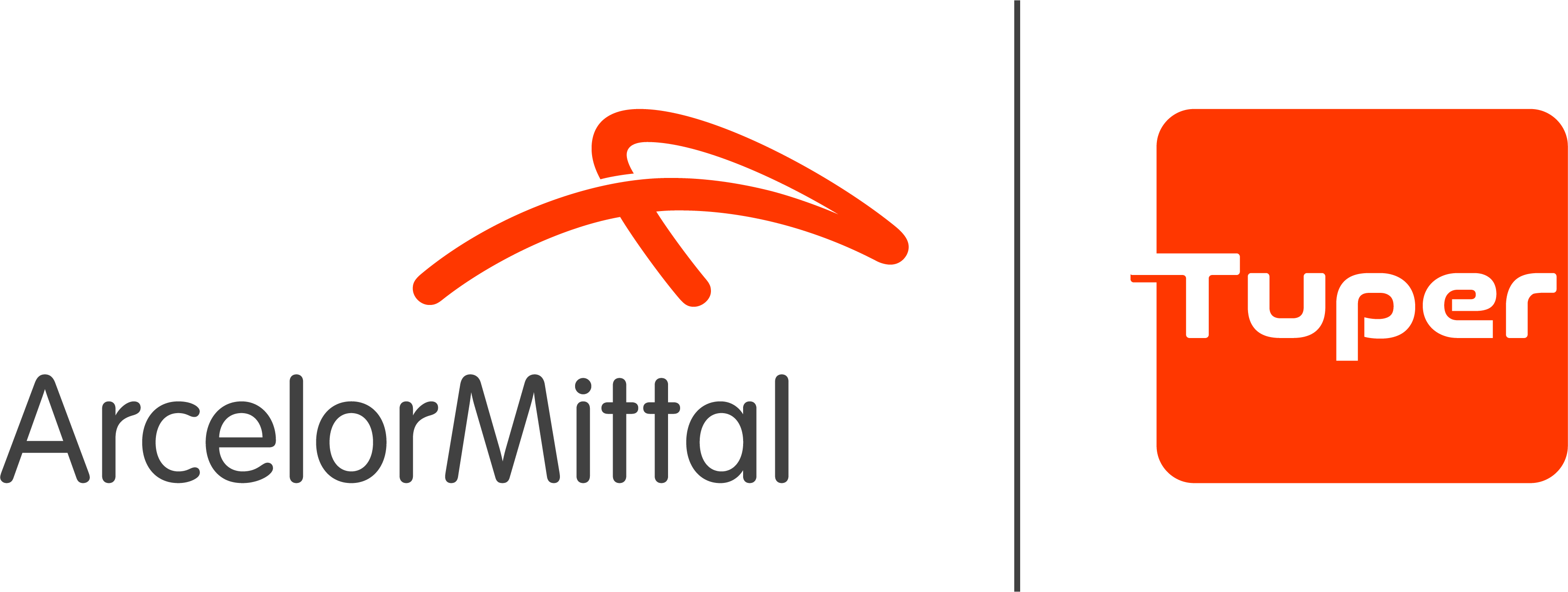The right to mobility – the well-known “right to come and go” – is considered fundamental for every human being and is guaranteed by the Brazilian Constitution. Established on February 24, 1995, by Law No. 8,989, the special CNH (National Driver’s License) enables individuals with disabilities or reduced mobility, who fit into one of the 52 pathologies listed in the law, to exercise this right with autonomy and safety on the road.
Learn about the codes and their respective descriptions that can be added to the special CNH of PWD drivers, based on medical assessments and expertise:
It is in this document that the code (expressed by one or more letters on the back) is included, specifying the type of restriction presented by the driver and determining, based on it, which mandatory vehicle adaptations must be made for the driver to be fully qualified to operate it:
A – The use of corrective lenses is mandatory.
B – The use of hearing aids is mandatory.
C – The use of a left-side accelerator is mandatory.
D – The use of an automatic transmission vehicle is mandatory.
E – The use of a knob, handle, or ball on the steering wheel is mandatory.
F – The use of a vehicle with power steering is mandatory.
G – The use of a vehicle with automated clutch, manual clutch, or automatic transmission is mandatory.
H – The use of a vehicle with manual acceleration and braking is mandatory.
I – The use of a vehicle with panel controls adapted to the steering wheel is mandatory.
J – The use of vehicles with panel controls adapted for use by lower limbs or other parts of the driver’s body is mandatory.
K – The use of vehicles with extended gear lever or fixed depth and height compensation pads.
L – The use of vehicles with extended pedals or fixed depth and height compensation pads, or elevated floor for pedal reach.
M – Mandatory use of motorcycles with a modified gear pedal.
N – Mandatory use of motorcycles with a modified rear brake pedal.
O – Mandatory use of motorcycles with a modified front brake lever.
P – Mandatory use of motorcycles with a modified clutch lever.
Q – Mandatory use of motorcycles with a sidecar or three-wheeled vehicle.
R – Mandatory use of motor scooters with a sidecar or three-wheeled vehicle.
S – Mandatory use of motorcycles with automated gear shifting.
T – Driver prohibited from circulating on fast traffic lanes and highways.
U – Driver prohibited from circulating after sunset.
V – Mandatory use of a helmet with a visor without visual angle limitations.
W – Driver is retired due to disability.
X – Deafness, monocular vision, and other restrictions.
How to Apply for a Special CNH
Even before undergoing the probative exams for obtaining the special driver’s license, the applicant must undergo a medical consultation and request a medical report that attests to their physical and/or motor condition. With this report in hand, along with their CPF (individual taxpayer number), a 3×4 photo, and proof of residence, the next step is to go to the Detran (National Traffic Department) in your region, pay the fees, and schedule an assessment with the department’s professionals to evaluate the driver and determine the necessary adaptations for the vehicle they should use. Afterward, it is essential to seek out a qualified driving school that can serve people with disabilities and has a training vehicle with adaptations compatible with those indicated by the Detran experts. Having successfully completed theoretical classes and tests, practical exams take place, also in an adapted car, just like they are conducted for any other driver: parallel parking and on-road sections accompanied by an evaluator responsible for approving or disapproving the driver.
Exemptions Linked to the Special CNH
Drivers who hold a special CNH have the right to park in designated spaces for people with disabilities (with the disability card). They also have access to an exemption from the municipal vehicle rotation system, and when purchasing vehicles valued up to R$ 70,000, they are exempt from the following taxes:
- Tax on Circulation of Goods and Services (ICMS)
- Industrialized Products Tax (IPI)
- Financial Transactions Tax (IOF)
- Motor Vehicle Property Tax (IPVA) All combined, these discounts can amount to 25% of the vehicle’s value, depending on the chosen model.
- Regardless of the benefits, the special CNH is an achievement for people with disabilities, allowing them to achieve autonomy in the public sphere and self-esteem in the private sphere. Their spaces and needs must be respected to build a society that is increasingly inclusive and healthy for everyone.
And if you, a PWD driver, need replacement parts for exhaust systems or catalytic converters, as well as tips and accessories, always choose the quality of the leading company in Latin America. The one that serves both the replacement market and automakers simultaneously. Visit escapamentos.tuper.com.br and learn about our products.
About Tuper
Tuper is the largest manufacturer of exhaust systems in Latin America and a market leader, producing exhausts, catalytic converters, and tips for all models of domestic and imported automobiles for over 50 years, following strict quality standards. The company keeps up with market evolution by offering a wide range of products, according to the specifications of the most demanding national and international standards. Learn more about Tuper.


















